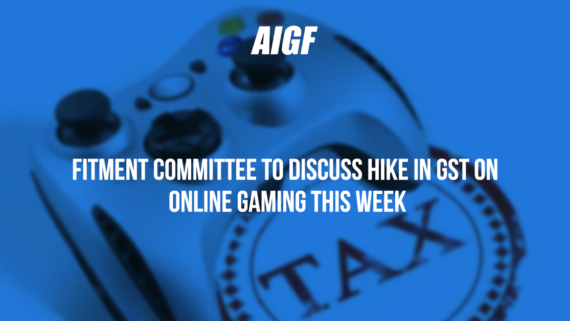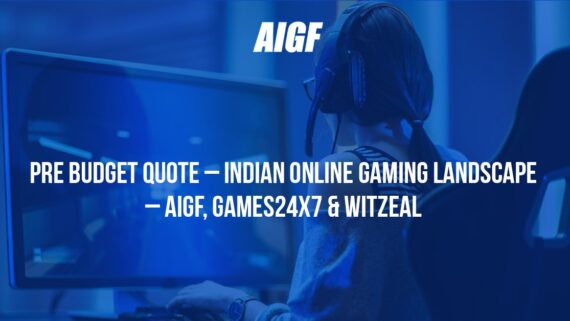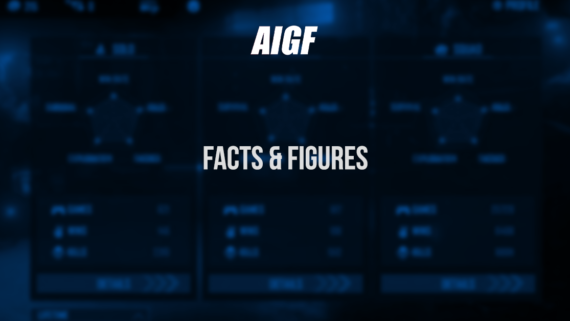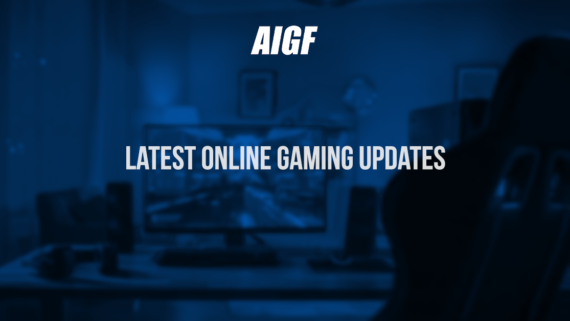The most recent report by EY in a joint effort with the All India Gaming Federation (AIGF). Named, ‘Online Gaming in India – The GST conundrum,’ the report features the capability of the online gaming industry in India and suggests tax collection arrangements dependent on the best worldwide approaches levied on the online gaming industry.
Why Indian Online Gaming Industry Needs A GST Guideline
The online gaming industry in India was valued at $543 million in 2016 and has developed to $1.027 billion in 2020 at a 17.3% CAGR. The industry is additionally assessed to arrive at US$2 billion by 2023 as far as rake fee procured, as per the most recent report by EY in a joint effort with the All India Gaming Federation (AIGF). Named, ‘Online Gaming in India – The GST conundrum,’ the report features the capability of the online gaming industry in India and suggests tax collection arrangements dependent on the best worldwide approaches levied on the online gaming industry.
At present, the action of the online gaming stage to empower ongoing interactions against a rake fee gets covered under the ambit of “supply” under the Goods and Services Tax (‘GST’) law. Thus, GST would be relevant to the income-building of industry players. Since the settled situation in the law of the online gaming industry has been the order of game of skill, it falls outside the domain of betting. Be that as it may, the industry is in its beginning stage and the absence of specific categorization of online games as games of skill by the government has brought about ambiguity. The irregularities among state laws identified with the extent of gambling and betting and disallowance of even rummy games in certain states have additionally helped to uncertainty. Because of the valuation recommended under Rule 31A(3) in CGST Rules and the ambiguity under different state laws identified with the extent of gambling and betting exercises, the income specialists have taken divergent perspectives on the tax collection from online games. The authorities might take a view to levy GST on the whole stake sum rather than the real rake fee acquired by the platform as thought for the supply of services.
The report features that the online gaming industry requires regulatory conviction on valuation viewpoints which will go far in catalyzing ventures and resultantly, monetary contribution to the country. Accordingly, the valuation should be crystallized and explained. According to the report, the government can affirm GST appropriateness on rake fees just by current industry practice. Then again, a considered credit model can be followed with the end goal of straightforwardness and simplicity of confirmation.
The report additionally recommends that the government can explicitly explain the pace of GST to be 18% as the online gaming industry goes about as an innovation empowering agent and works with ongoing interactions through a web stage or application like programming company’s items.
“We suggest that both of the above ideas might be considered by the government. The feature that regressive tax assessment from these arising areas may just make the business impractical in India. We propose that the Government will adjust its approaches to globally acknowledged standards of taxing the online gaming area and give conviction to the industry,” the report states.
Credits: Financial Express











Comments
Comments are closed.